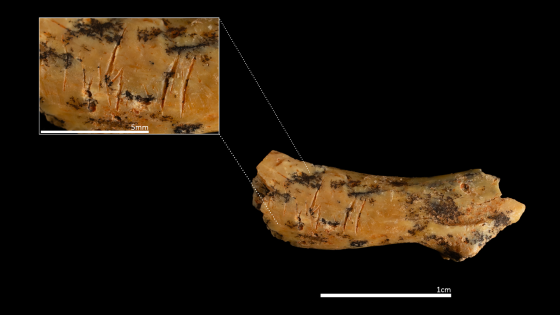The scientific community is facing a significant challenge with the integrity of research publications. Recently, the publisher Frontiers announced the retraction of 122 articles across five journals due to unethical practices, including citation manipulation and undisclosed conflicts of interest. This action, which began on July 28, 2025, highlights ongoing issues within academic publishing.
- Frontiers retracted 122 articles due to misconduct.
- Investigation revealed unethical citation manipulation.
- Over 4,000 articles linked to colluding authors.
- AI system now verifies conflicts of interest.
- Retractions began after reader's tip-off.
- Significant network of 35 authors identified.
Frontiers’ investigation uncovered a network of over 4,000 articles potentially linked to misconduct across various journals. This situation raises critical questions about the reliability of peer-reviewed research. How can we ensure that published studies maintain their scientific integrity? The retractions serve as a reminder of the importance of transparency in the review process.
As the publishing industry grapples with these challenges, it’s essential to consider the implications for future research. The findings from Frontiers reveal a broader issue of collusion among authors and reviewers, which can undermine public trust in scientific literature. Key points include:
- The identification of a sophisticated network of authors engaging in misconduct.
- The potential influence of undisclosed conflicts of interest on research outcomes.
- The need for stronger oversight and verification processes in peer review.
Moving forward, it is crucial for publishers and researchers to prioritize ethical standards and transparency. By addressing these issues head-on, the scientific community can work towards a more reliable and trustworthy publication landscape.
































